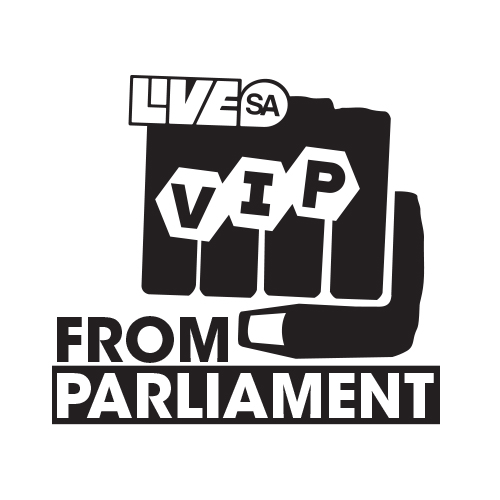By Jamie Petersen
There’s little to no assistance from government to help record labels or artists export local music. This is one of the main issues stifling the growth of South Africa’s music industry. This is according to Sipho Dlamini, the CEO of the South African Music Rights Organisation (SAMRO), a body that protects the rights of producers and artists. Dlamini, who was speaking at an Arts and Culture portfolio committee meeting in parliament on the 10th of March, also said government was bad at paying musicians their license fees.
To get a better understanding of the main issue raised by SAMRO, we spoke to prominent players. Duncan Ringrose is an organiser of the Cape Town Electronic Music Festival (CTEMF), co-owner of Cape Town live music venue The Assembly and owner of artist management agency sSHADOWORKSs. Nosisi Ngakane is former label manager at Motif Records, home to the likes of Zaki Ibrahim and Tumi Molekane, and now runs her own business, where she manages Simphiwe Dana.
Money makes the world go round
To get their music heard overseas, artists and their managers need money to promote and market their sound. “There are funds people can apply for through the government, but people don’t know about them.” The forms can also be complicated. Duncan says applying to get money for CTEMF was taxing. “I struggled to complete the application form; to convert a multi-dimensional project like CTEMF into a 2D format and meeting all the business requirements like tax clearance certificates, audited financials.”
He added that most electronic DJs/producers opt for private funding, because government lacks interest and knowledge of them. They tend to be more aware of traditional music such as jazz, pop and marimba bands, says Duncan. His solution is that government holds workshops to educate artists about what is available, how to access resources and how to apply correctly to be compliant.
Promote our music here before promoting overseas
Nosisi said we need to value our music here before we think about an international audience. “Our radio stations need to play more local music. Each province must focus on their own industry’s growth and expand from there, everyone must not flock to Johannesburg.”
She said quotas are important in making sure stations push local music. A review about local content by the Independent Communications Authority of South Africa (ICASA) found that local music stations which broadcast in traditional languages, such as Ukozi FM, play more local content compared to English-language radio stations, with Metro FM being the exception.
But we can’t just rely on government
Nosisi says there’s a lot that artists can do to help themselves: “They must be serious about what they are doing and need to put more effort when looking at international markets and their demands”. Tumi is a great example of someone doing it themselves. For his 2014 European tour, Tumi found his own promoter and booking agent, says Nosisi.
At the end of the day, both sides need to work together. Duncan says he’d like to see a reciprocal relationship between artists and government, where the government is aware of what artists are doing, especially upcoming artists.

Live from Parliament casts a youth lens on parliament and government, covering committees, policy-making, MPs and the sitting of actual Parliament. Our team of youth journalists will be reporting Live from Parliament every week in partnership with the People’s Assembly and Indigo Trust. The People’s Assembly connects people and their elected representatives. To stay in touch with your local MP, visit www.pa.org.za, follow them on Twitter @PeoplesAssem_SA or Facebook/PeoplesAssemblySA.


Comments
Keep comments free of racism, sexism, homophobia and abusive language. People's Assembly reserves the right to delete and edit comments
(For newest comments first please choose 'Newest' from the 'Sort by' dropdown below.)